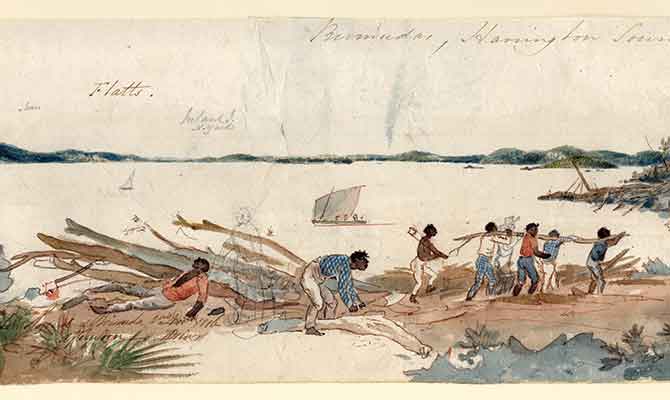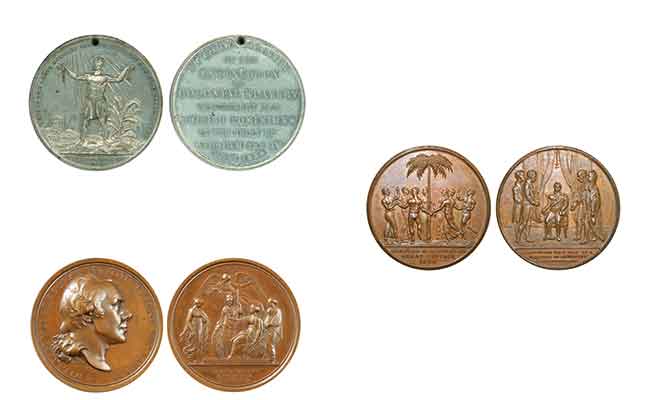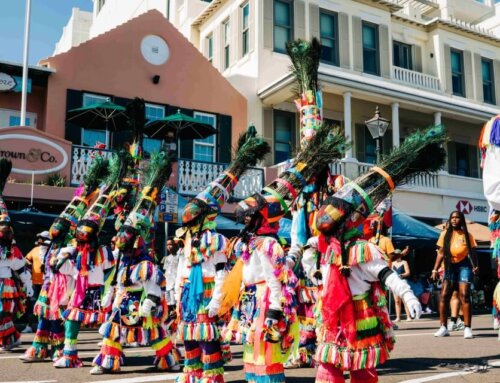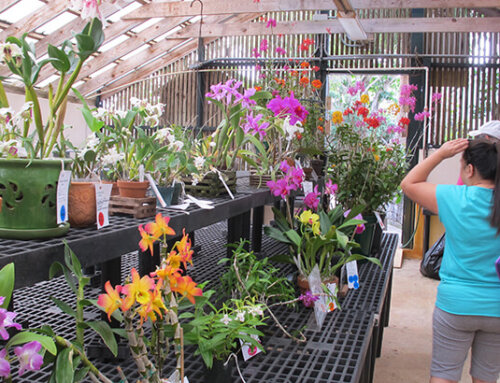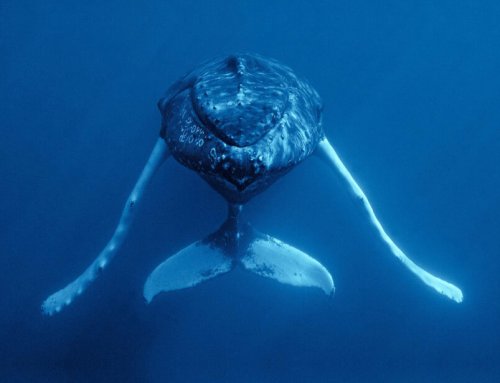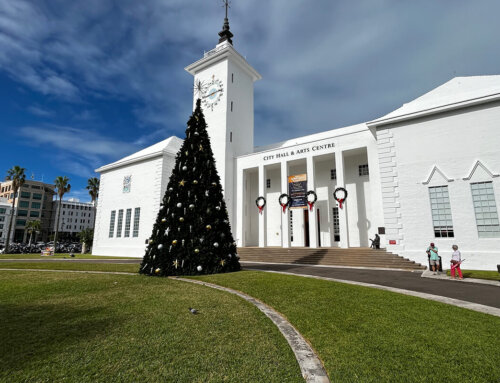Bermuda Historical Stories
by Dr. Edward Cecil Harris, mbe, jp, phd, fsa
“Whilst America hath been the land of promise to Europeans and their descendants, it hath been the vale of death to millions of the wretched sons of Africa.”—St George Tucker, 1796
In 2012, a new person was added to the roster of ‘National Heroes of Bermuda’. Mary Prince, a Bermuda-born slave, was placed in the panoply of Bermuda’s new ‘aristocracy of achievement’, for the account of her life, which was published in England in 1831. Controversy surrounds some aspects of the book, but the fact is that hers was the first published account by a female slave and Bermudian abolitionist. The other Bermudian abolitionist was St. George Tucker, who wrote another polemic against slavery that was published in 1796 as A Dissertation on Slavery: with a Proposal for the Gradual Abolition of it, in the State of Virginia.
The History of Mary Prince, A West Indian Slave, Related by Herself was a ‘best seller’ and went through three editions in its first year and helped to turn public opinion in Britain against slavery. Mary Prince’s autobiography came towards the end of the fight in Britain to abolish slavery in the homes, businesses and fields of English overseas dominions.
Within two years, the Houses of Parliament passed a Bill abolishing slavery throughout the British Empire, including Bermuda, the oldest member in that conglomeration of islands and countries around the globe. The battle to win that war had begun almost half a century earlier, about the time Mary Prince was born at ‘Brackish Pond’, a.k.a. Devonshire Parish, Bermuda, in 1788. It is possible, to paraphrase the clarion call on the 1807 medallion for the Abolition of the Slave Trade, that Mary Prince’s account swayed some Parliamentarians to admit that ‘They had heard her Cry’ and thus voted for the historic Act to abolish slavery itself in 1833.
After its beginnings in the 1787 by Granville Sharp and Thomas Clarkson, the Abolishment movement in Britain gained ground when William Wilberforce, a Member of Parliament took up the cause. Two books by African men, one was by the slave Ottobah Cugoano, who gained his freedom in Britain in 1772, and who published in 1787 a call to action entitled, Thoughts and Sentiments on the Evil of Slavery and Commerce of the Human Species. Two years later appeared The interesting Narrative of the Life of Olaudah Equiano, or Gustavus Vassa, the African, whose account of slavery caused a sensation and helped to bring about the banning of the British Slave Trade in 1807.
Other writings followed that supported the eventual success of the Abolition Movement and on ‘Jubilee Day’, namely, 1 August 1834, all slaves were freed throughout the global British possessions. Perhaps in tribute to Mary Prince and other abolitionist writers, it might be said that in the end, the pen is mightier than the sword, or slavery, or indeed any major infringements of the fundamental human rights of people.

